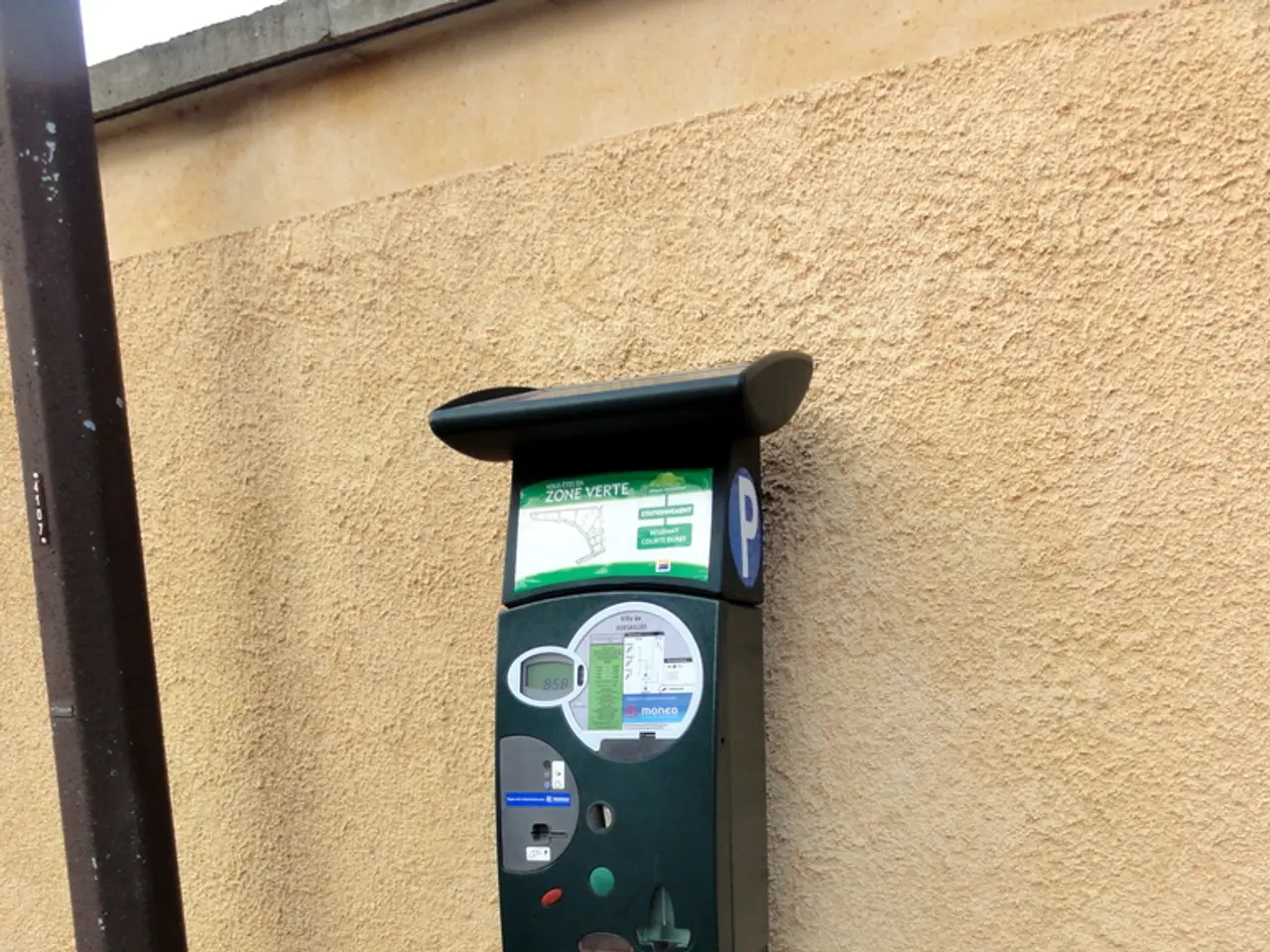Nationwide Ban on Crypto Automated Teller Machines in New Zealand to Boost Anti-Money Laundering Regulations
New Zealand has taken a significant step in tightening its regulation of digital asset businesses by implementing a nationwide ban on all cryptocurrency Automated Teller Machines (ATMs), effective July 2025. This decision, led by Associate Justice Minister Nicole McKee, is part of a broader reform to strengthen the country's Anti-Money Laundering (AML) and Countering the Financing of Terrorism (CFT) regime.
The ban on crypto ATMs is aimed at addressing concerns over money laundering and the funding of illicit activities. Crypto ATMs, which had proliferated in the country since 2023, allowed rapid cash-to-crypto conversions with minimal identity checks, facilitating large-scale money laundering. A notable example involved NZ$107 million allegedly laundered through these machines.
These ATMs were also exploited for funding drug trafficking, scams, and weapons purchases. One notable case involved cryptocurrency being used to buy 100 kilograms of methamphetamine. With crypto ATMs commonly found in convenience stores, petrol stations, vape shops, and laundromats, they represented a significant loophole in financial oversight due to quick, anonymous transactions.
In contrast to New Zealand's approach, other countries in the Asia-Pacific region have varying approaches to crypto ATM regulation. While some nations, like Australia, Singapore, and Japan, regulate crypto ATMs through stringent AML/KYC laws and require operators to register with financial authorities, others, such as South Korea and Hong Kong, allow crypto ATMs but impose strict customer verification and transaction reporting rules. Some Asia-Pacific nations have fewer crypto ATMs or lack comprehensive regulations, but none have yet moved to a complete prohibition like New Zealand.
The ban on crypto ATMs is just one aspect of New Zealand's broader AML/CFT reform. The country has also introduced a NZ$5,000 cap on international cash transfers, aiming to further reduce illicit financial flows. The proposed reforms also include removing address verification for many low-risk customers, relaxing due diligence obligations for low-risk trusts, and simplifying reporting for small entities with limited exposure to financial crime.
This move by New Zealand signals a growing trend where governments are weighing the risks of anonymity and illicit use heavily in their decisions on crypto infrastructures. The ban on crypto ATMs could serve as a model for other Asia-Pacific countries dealing with similar tensions between innovation and risk control.
If you need further granular detail on specific Asia-Pacific countries’ regulations, please let me know. The direction of travel for regulation of digital assets is clear, with New Zealand's recent moves signaling a shift in this direction. Crypto companies in New Zealand may face increased data-sharing requirements, particularly in areas such as transaction monitoring, source-of-funds checks, and customer profiling.
Sources: [1] Stuff.co.nz [2] RNZ [3] Newshub [4] Newsroom [5] Financial Review
- The nationwide ban on cryptocurrency Automated Teller Machines (ATMs) in New Zealand, effective July 2025, is aimed at addressing concerns over money laundering and the funding of illicit activities.
- Crypto ATMs, which had been prevalent in New Zealand since 2023, allowed rapid cash-to-crypto conversions with minimal identity checks, facilitating large-scale money laundering, as evidenced by an alleged NZ$107 million laundering case.
- In contrast to New Zealand's approach, some countries in the Asia-Pacific region, such as Australia, Singapore, and Japan, regulate crypto ATMs through stringent AML/KYC laws and require operators to register with financial authorities.
- With the ban on crypto ATMs, New Zealand has introduced a NZ$5,000 cap on international cash transfers, aiming to further reduce illicit financial flows.
- The proposed reforms also include removing address verification for many low-risk customers, simplifying reporting for small entities, and relaxing due diligence obligations for low-risk trusts, indicating a broader shift in New Zealand's Anti-Money Laundering (AML) and Countering the Financing of Terrorism (CFT) regime.




